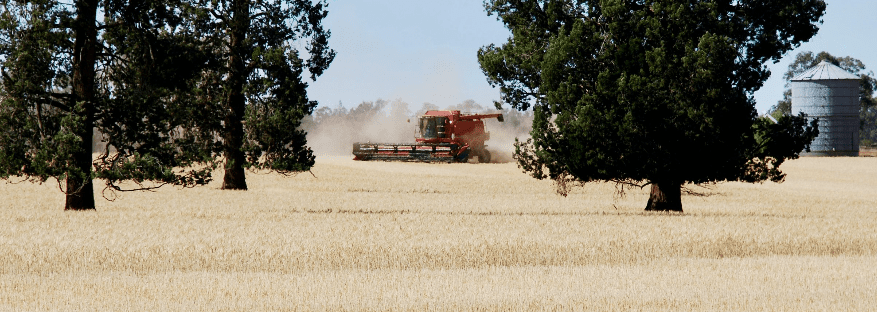A producer-led group in southern New South Wales is hoping to establish a carbon measurement scoreboard platform.
AS the agricultural industry prepares for high-level emissions targets to make their way back to the farm gate – efforts have been ramped up to give producers easy access to the tools to measure their own carbon footprint.
With governments, banks, industry bodies, global supermarket chains and brand programs being some of the sectors setting emissions targets, a producer-led group from southern New South Wales is aiming to provide a platform to help navigate the changes.
Ruminati has set up a web-based-platform for producers to measure the footprint of their operation and prepare for a new wave of compliance. The group has been working with well-known agricultural scientist Richard Eckard and red meat industry identity Richard Rains to refine its product.
Gundagai-based livestock producer and co-founder Bobby Miller said after looking into the various environmental targets coming towards the industry, he decided more knowledge and data was needed.
“Our aim in the first instance is to make it easy for producers to start addressing the climate reality of their business,” Mr Miller said.
“If we can simplify the way we calculate agricultural emissions, then we can get big chunks of Australia’s farms baselined and identify the areas where producers are efficient and others that are not so efficient.
“At the moment we are just using industry averages to make assumptions when the reality is we work in a really multi-variate landscape.”
The industry-recognised methodologies for measuring farm emissions are known as the Sheep and Beef Greenhouse Accounting Framework (SB GAF) and the Grain GAF (G GAF). Ruminati has merged these two frameworks into one calculator for mixed farms and made some minor tweaks to the information needed.
“The GAF tools form a terrific foundation for our platform, we have worked hard to then simplify the process in some key areas to make the process easier for farmers” Mr Miller said.
“As an example, we use DSE or AE to measure livestock load. We have realised that not all farmers know their DSE or AE, so we have made a simple calculator for it.”
Website to rollout in stages
Ruminati is currently a free calculator for the emissions footprint of an agricultural operation – with plans to offer farmers a subscription version that will provide a framework to manage their reductions and reporting over time, available April 2023.
In the coming months, Mr Miller said the organisation was planning to roll out a series of educational videos explaining how it works and why these potential changes are coming to the industry.
“The literacy on carbon and climate targets is pretty low in agriculture, a lot of people don’t know the difference between methane, carbon dioxide and nitrous oxide for example,” he said.
Mr Miller said the company was looking to link up with banks and other parts of the supply chain to help producers comply with targets.
“In the first instance, we are looking to give producers a basic emissions footprint of their operation,” he said.
“Then if banks or another organisation wants some additional information, we would be happy to work in with them so they can use our platform to facilitate that.
“That’s partly why we have decided to make the first baseline free, so a bank or another organisation can get a producer to get their baseline done and see if they are interested in a particular program.”
Mr Miller said the mandatory reporting requirements were coming to the industry quickly, with major moves in Europe and other countries to put tariffs on products not complying with certain standards.
“We’re not about becoming consultants and charging farmers to write reports for them, we are more about becoming the scoreboard and letting the industry become self-reporting,” he said.
“There’s an old saying that all that is measured improves and all that is measured and reported improves exponentially –people do not want to see their data going backwards, particularly corporates.”
- To get in touch with Ruminati about baselining email [email protected] or head to ruminati.com.au
- To read a previous story on baselining farm emissions click here




HAVE YOUR SAY